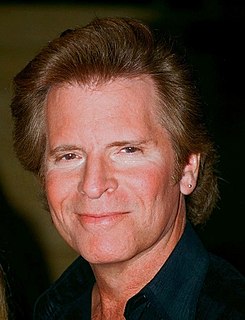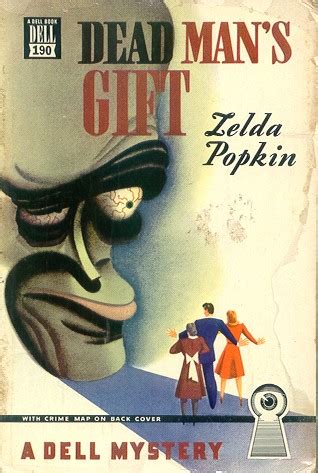A Quote by Henry A. Kissinger
I would say the special experience of American wartime policy in the last 40 years, from Vietnam on, is that the war itself became controversial in the country and that the most important thing we need in the current situation is, whatever disagreements there may be on tactics, that the legitimacy of the war itself does not become a subject of controversy. We have to start with the assumption, obviously, that whatever administration is conducting a war wants to end it.
Quote Topics
Administration
American
American War
Assumption
Became
Become
Conducting
Controversial
Controversy
Country
Current
Current Situation
Disagreements
Does
End
Experience
Important
Important Thing
Itself
Last
Legitimacy
May
Most
Most Important Thing
Need
Obviously
Policy
Say
Situation
Special
Start
Subject
Tactics
The Most Important
Thing
Vietnam
Wants
War
Wartime
Whatever
Would
Years
Related Quotes
Particularly when the war power is invoked to do things to the liberties of people, or to their property or economy that only indirectly affect conduct of the war and do not relate to the engagement of the war itself, the constitutional basis should be scrutinized with care. ... I would not be willing to hold that war powers may be indefinitely prolonged merely by keeping legally alive a state of war that had in fact ended. I cannot accept the argument that war powers last as long as the effects and consequences of war for if so they are permanent -- as permanent as the war debts.
Regime change has been an American policy under the Clinton administration, and it is the current policy. I support the policy. But regime change in and of itself is not sufficient justification for going to war--particularly unilaterally--unless regime change is the only way to disarm Iraq of the weapons of mass destruction pursuant to the United Nations resolution.
Now take a look at the way the Drug War is conducted over the past 40 years. It goes back farther, but start from 40 years ago: There's very little spent on prevention and treatment. There's a lot on policing, a ton of stuff on border control and a lot on out-of-country operations. And the effect on the availability of drugs is almost undetectable; drug prices don't change on measures of availability. So there are two possibilities: Either those conducting the Drug War are lunatics, or they have another purpose.
It seems to me an utterly futile task to prescribe rules and limitations for the conduct of war. War is not a game; hence one cannot wage war by rules as one would in playing games. Our fight must be against war itself. The masses of people can most effectively fight the institution of war by establishing an organization for the absolute refusal of military service.
When you say that after World War I there was a pandemic that killed more people than the war itself, most will say: "Wait, are you kidding? I know World War I, but there was no World War 1.5, was there?" But people were traveling around after the war, and that meant the force of infection was much higher. And the problem is that the rate of travel back then was dramatically less than what we have nowadays.
Most of us who were opposed to the war, especially in the early '60's - the war we were opposed to was the war on South Vietnam which destroyed South Vietnam's rural society. The South was devastated. But now anyone who opposed this atrocity is regarded as having defended North Vietnam. And that's part of the effort to present the war as if it were a war between South Vietnam and North Vietnam with the United States helping the South. Of course it's fabrication. But it's "official truth" now.
With the Michael Moore movie, certain conservative talk show hosts call him un-American. Him and anybody else who says anything about the war... To question your country's policy, especially in a war that kills people, is definitely not un-American. It's probably the most patriotic thing you can do.
I came to the conclusion that war was an unacceptable way of solving whatever problems there were in the world--that there would be problems of tyranny, of injustice, of nations crossing frontiers and that injustice and tyranny should not be tolerated and should be fought and resisted, but the one thing that must not be used to solve that problem is war. Because war is inevitably the indiscriminate killing of large numbers of people. And that fact overwhelms whatever moral cause is somewhere buried in the history of that war.





























